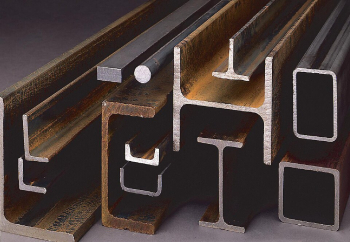
New guidance issued today by the US reaffirms that EU companies can benefit from the Commercial Clean Vehicle Credit scheme under the US Inflation Reduction Act.
The EU welcomes this guidance, which reflects the constructive engagement as part of the EU-US Inflation Reduction Act Task Force at senior official level.
Under the US guidance, Commercial Clean Vehicle Credits will be available to EU companies without requiring changes to established or foreseen business models of EU producers. This is a win-win for both sides, as it strengthens EU-US cooperation in our shared goal of fighting climate change and bolsters transatlantic supply chains: US taxpayers will be able to take advantage of highly efficient EU-made electric vehicles and components, while EU companies that provide their customers through leases with cutting-edge clean vehicles can benefit from the incentives under the IRA.
The EU continues to seek similar, non-discriminatory treatment of EU clean vehicle producers under the Clean Vehicle Credits of the Inflation Reduction Act. This scheme remains of concern to the EU, as it contains discriminatory provisions which de facto exclude EU companies from benefiting. Discriminating against EU produced clean vehicles and inputs violates international trade law and unfairly disadvantages EU companies on the US market, reduces the choices available to US consumers and ultimately reduces the climate effectiveness of this green subsidy.
Further work is ongoing in the EU-US Inflation Reduction Act Task Force to find solutions to European concerns, for example by treating the EU the same way as all US FTA partners. We welcome the US announcement today that more time will be taken to work on the outstanding guidelines, allowing it to address these issues satisfactorily.
Next steps
EU companies will be able to immediately benefit from the new guidance. Meanwhile, discussions on outstanding issues will continue in the Task Force.
Background
The US Inflation Reduction Act (signed into law on 16 August 2022) offers generous financial incentives to support the green transition. In the case of clean vehicles, the two main incentives are tax credit programmes: one for commercial operators and one for private consumers. The consumer tax credit contains several provisions, including local content, production or assembly requirements, which discriminate against EU automotive producers, thus risking weakening competition and raising prices. The EU strongly objected to this, following which the EU and the US launched the EU-US Task Force on the Inflation Reduction Act on 25 October 2022. Both sides are working hard to address EU concerns on the Inflation Reduction Act in both this forum and other constructive bilateral engagements. Photo by Jnn13, Wikimeedia commons.
















